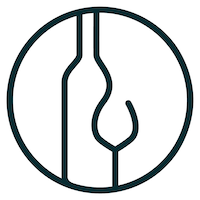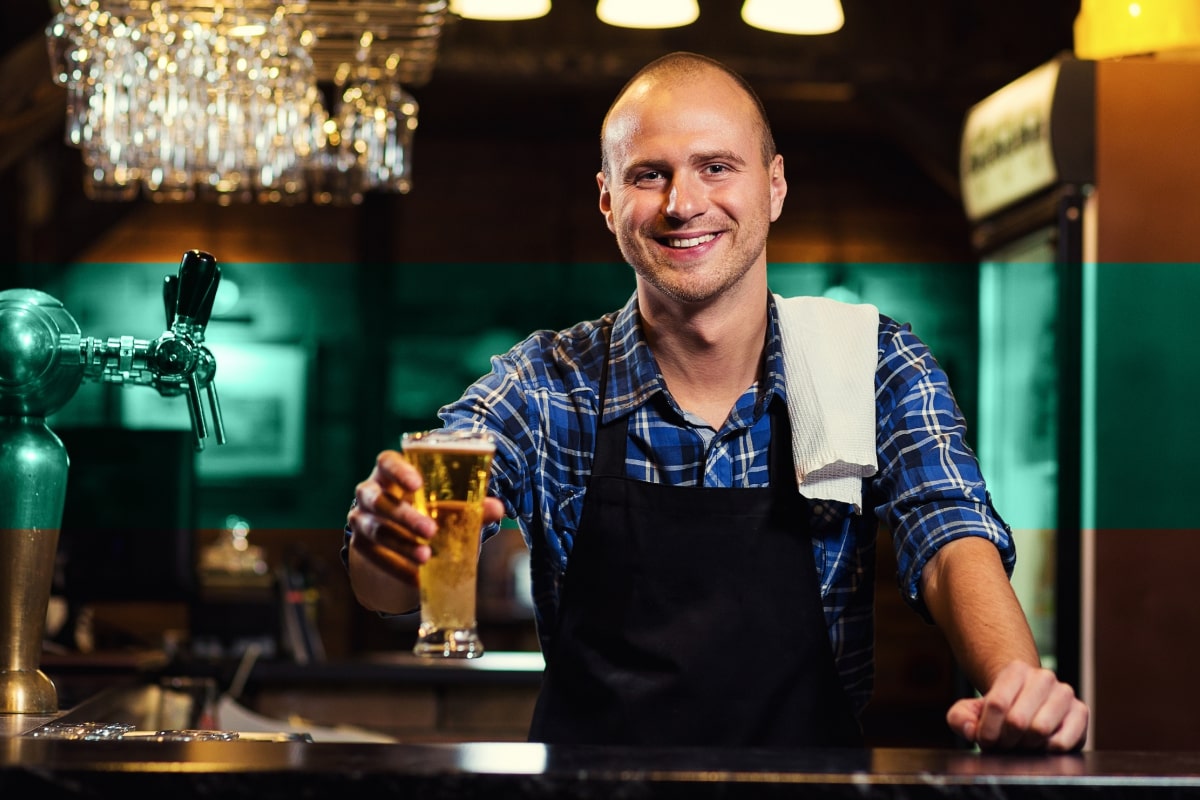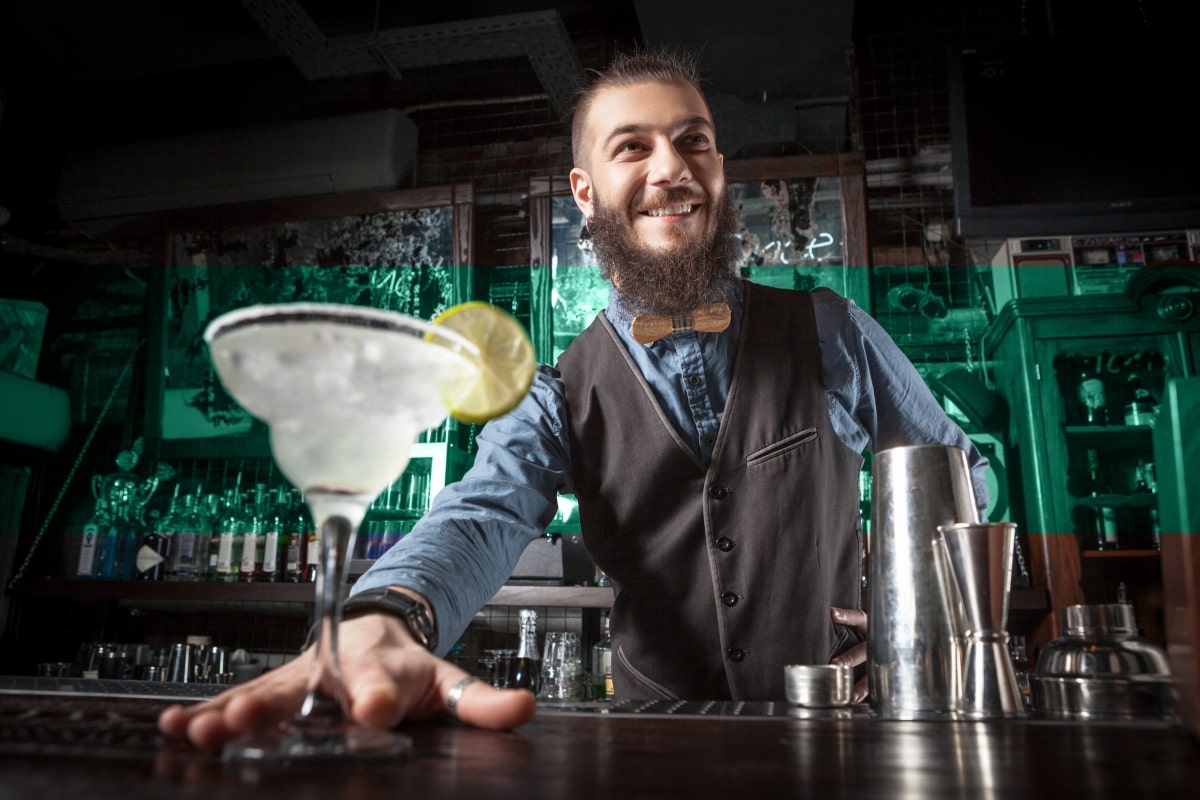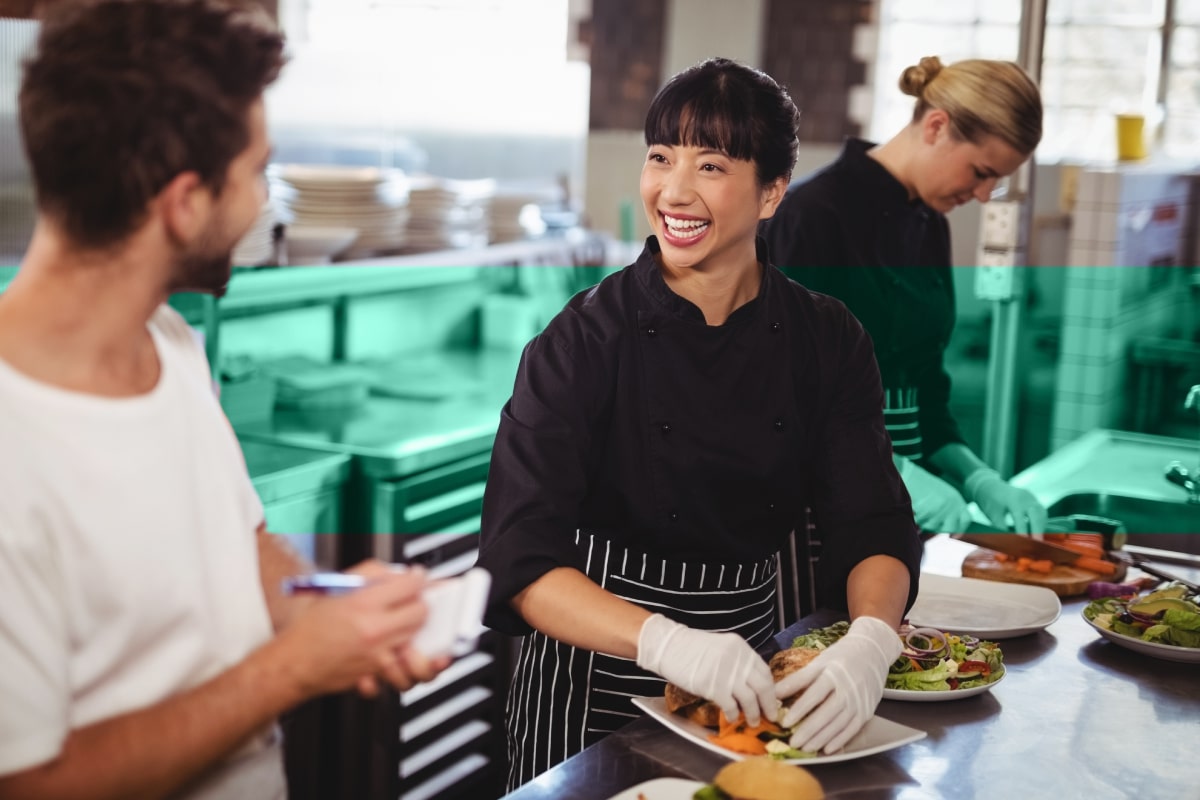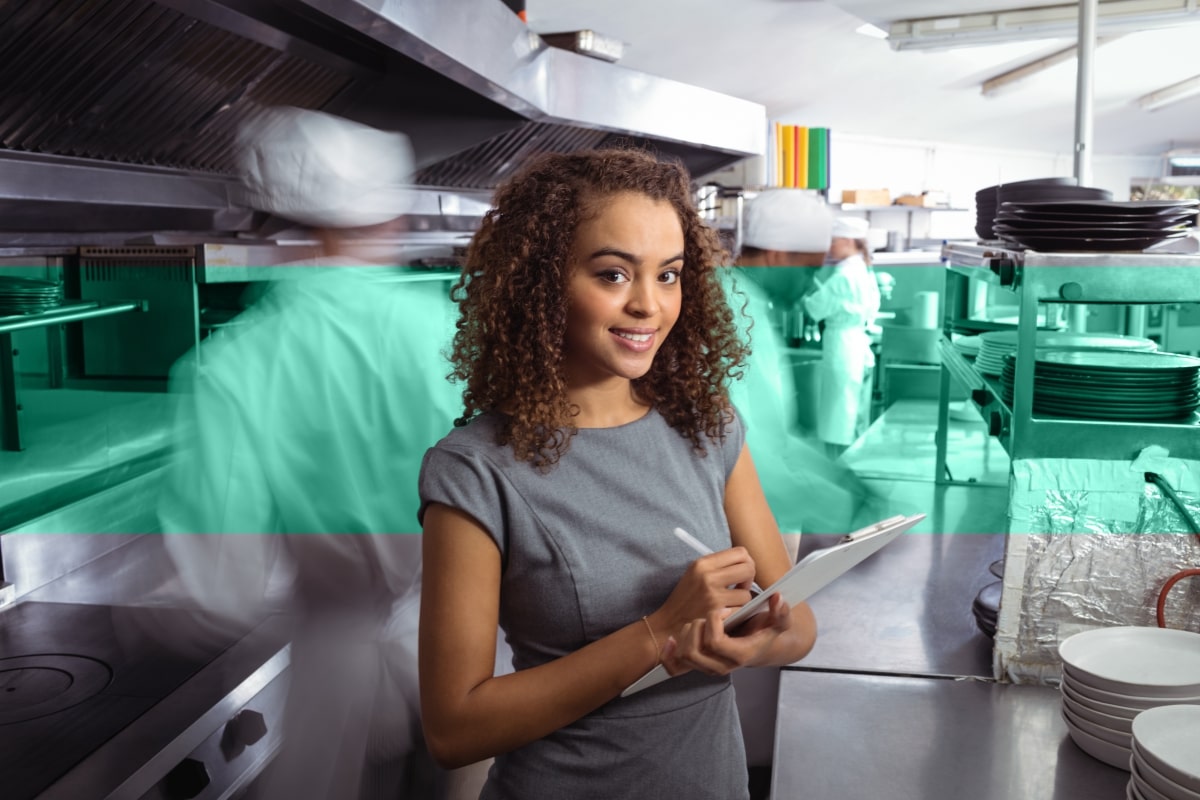
Your first café shift teaches more than service. It’s where superannuation, tax, and payslips enter your working life in Australia. Whether you’re a local starting casual shifts or an international student working while you study, it’s a good time to brush up on how these systems work. Before you’re handed your first payslip.
Understanding them early helps you protect your income, meet your obligations, and get the most from your time in hospitality. This guide breaks it down step by step so you can start confident and stay on track.
Step 1: Learn How Superannuation Works in Hospitality
Superannuation, or super, is a retirement savings system in Australia. Even casual or part-time staff are covered. Once you earn $450 in a month and are over 18, your employer must pay into a super fund.
Superannuation can feel far away when you’re studying or travelling. Still, it’s your money. International students may even be able to claim it back once they leave Australia for good.
Step 2: Understand How Tax Is Calculated In Hospitality
You’ll need a Tax File Number (TFN). Without it, your pay is taxed at the highest rate. Hospitality jobs often involve irregular hours or casual contracts. But the tax rules don’t change.
At the end of the financial year (1 July to 30 June), the ATO adds up your income and applies the relevant tax bracket. You may receive a refund if too much tax has been withheld, or you may need to pay more if too little was taken. Make sure you know how wages, allowances and even tips are treated for tax purposes.
Step 3: Work Out Your Tax as An International Student
International students need to confirm whether they are classed as Australian residents for tax purposes. Most students studying more than six months are treated as residents. That means the first $18,200 you earn is tax-free.
If you are a non-resident, you will be taxed from the first dollar you earn. Avoid mistakes and find out what you can claim for.
Step 4: Understand Your Superannuation, Tax, and Payslips in Every Pay Cycle
Employers must provide a payslip within one working day of paying you. It’s your proof of pay. A payslip records your hours, tax withheld and superannuation contributions. It should list your name, the employer’s details, the pay period, gross and net amounts, the tax withheld, and super paid.
If you spot errors, raise them with your employer early. Don’t wait until tax time. Payslips are your main record if a dispute arises about underpayment. They also show whether your employer is meeting their legal obligations for tax and super.
Step 5: Keep Records for Deductions And Claims
Tax time is easier when you have good records. In hospitality, you can often claim deductions for expenses that are directly related to your job. Examples include compulsory uniforms with logos and laundry costs. Accredited training like Food Safety Supervisor, Food Handling, Bar & Barista, or even tools like chef knives also count.
Step 6: Know Your Rights And Next Steps
Hospitality workers sometimes face unclear contracts, cash-in-hand offers, or missing payslips. Know your rights.
Being confident about your rights gives you security. Employers are legally required to meet their tax and super obligations.
For new staff, especially students, understanding superannuation, tax, and payslips is as important as learning how to steam milk or set tables. Once you know these basics, you can focus on building skills and enjoying your work.
Step 7: Take Action To Grow Your Career
Hospitality can be a long-term career. Structured training builds skills fast. It also helps you secure better roles and increase your income while you study.
Complete Hospitality Training offers practical, nationally recognised courses. If you are unsure what fits your goals, talk to our team for guidance.
FAQs
Do casual hospitality workers get superannuation?
Yes. If you earn more than $450 before tax in a month and are over 18, you are entitled to super.
How much tax do I pay as an international student in Australia?
It depends on your residency status. Most students are residents for tax purposes and can claim the tax-free threshold, while non-residents are taxed from the first dollar earned.
What should be on my payslip in hospitality work?
Your payslip must include your name, employer details, pay period, gross and net pay, the amount of tax withheld, and any superannuation contributions.
Can I claim work-related expenses as a waiter or barista?
Yes, provided the expenses are directly related to your job. Compulsory uniforms, laundering costs, accredited training and required tools of trade are examples of legitimate deductions.
Ready to get on top of superannuation, tax, and payslips? Explore our Food Safety Supervisor course.
